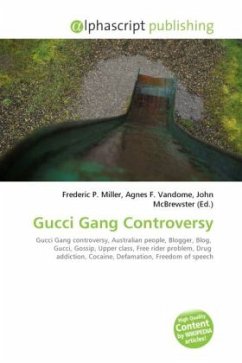The water fluoridation controversy arises from moral, ethical, and safety concerns regarding the fluoridation of public water supplies. The controversy occurs mainly in English-speaking countries, as Continental Europe does not practice water fluoridation.Those opposed argue that water fluoridation imposes ethical issues, may cause serious health problems is not effective enough to justify the costs, and has a dosage that cannot be precisely controlled.Compared with their healthier counterparts, senior citizens, people with calcium and magnesium deficiencies, and people with impaired renal clearance are more susceptible to the negative effects of fluoride.Opposition to fluoridation has existed since its initiation in the 1940s. During the 1950s and 1960s, some opponents of water fluoridation suggested that fluoridation was a communist plot to undermine public health. Sociologist Brian Martin states that sociologists have typically viewed opposition to water fluoridation as irrational, although critics of this position have argued that this rests on an uncritical attitude toward scientific knowledge.
Bitte wählen Sie Ihr Anliegen aus.
Rechnungen
Retourenschein anfordern
Bestellstatus
Storno








